ASCO, SSO Publish Guidelines for Germline Mutation Testing in Breast Cancer
The American Society of Clinical Oncology (ASCO) and the Society of Surgical Oncology (SSO) recently issued guidelines on the use of germline mutation testing for adult patients diagnosed with breast cancer. The published recommendations in Journal of Clinical Oncology also addressed the use of genetic counseling in this population.
The organizations convened an expert panel that included clinicians, genetic counselors, advanced practice professionals, and patient representatives. The panel performed a literature review and identified 47 articles regarding germline testing for patients with breast cancer, as well as 18 articles concerning genetic counseling.
The panel recommended that all newly diagnosed patients aged 65 years or younger should be offered BRCA1/2 testing. In addition, certain patients older than 65 years with stage I-III or de novo stage IV metastatic disease should also be offered testing.
Testing was recommended in older patients who are candidates for PARP inhibitors, have triple-negative disease, have a personal or family history that increases the likelihood of pathogenic variants, were assigned male at birth, or are of Ashkenazi Jewish heritage.
The authors also advised that patients undergoing BRCA1/2 should be offered testing for other cancer predisposition genes. Testing choices should be based on family history and made in consultation with providers experienced in clinical cancer genetics.
In the setting of recurrent breast cancer, all patients who are considered candidates for PARP inhibitors should be offered BRCA1/2 testing regardless of family history. In addition, BRCA1/2 testing was recommended for patients with second primary cancers in the contralateral or ipsilateral breast.
BRCA1/2 testing was recommended for all patients without active disease but with a family history of breast cancer diagnosed at or before age 65.
Due to their ability to inform medical decision-making, appropriately selected patients should be tested for other high penetrance genes, such as PALB2, TP53, PTEN, STK11, and CDH1.
“Testing for moderate penetrance breast cancer genes currently offers no benefits for treatment of the index breast cancer but may inform risks of second primary cancer or family risk assessment, and thus may be offered to appropriate patients who are undergoing BRCA1/2 testing. If a multi-gene panel is ordered, the specific panel chosen should take into account the patient's personal and family history.”
-Isabelle Bedrosian, MD, surgical oncologist at The University of Texas MD Anderson Cancer Center in Houston, and fellow authors wrote.
Information required to back decisions of informed consent should be presented to patients before undergoing genetic testing. For patients with pathogenic variants identified, individualized genetic counseling services should be offered.
Genetic counseling should also be offered to patients with variants of uncertain significance, as these might ultimately be reclassified as pathogenic on follow-up. In addition, counseling should still be offered for certain patients without pathogenic variants, provided there is a significant family history of cancer.
--
Reference:
https://ascopubs.org/doi/10.1200/JCO.23.02225
Disclosures: Some authors declared financial ties to drugmakers. See full text for details.
Photo Credit: Getty Images.
By Cameron Kelsall, MD /alert Contributor

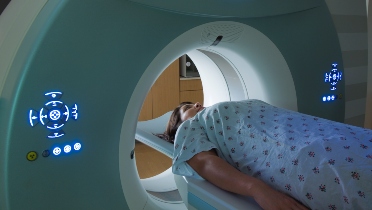
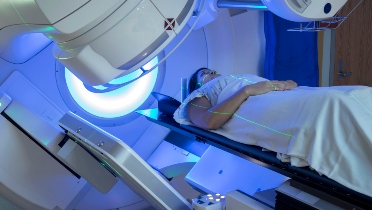



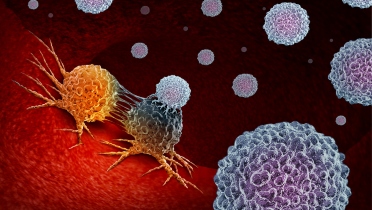









.jpg)

.jpg)


.jpg)
.jpg)
.jpg)
.jpg)
.jpg)
.jpg)
.jpg)
.jpg)

.jpg)

.jpg)

.jpg)
_.jpg)
.jpg)
.jpg)
.jpg)
.jpg)
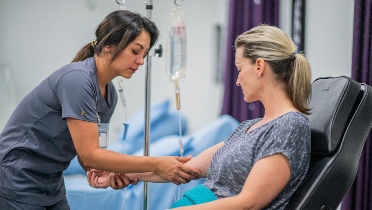
.jpg)
.jpg)
.jpg)
.jpg)
.jpg)
.jpg)


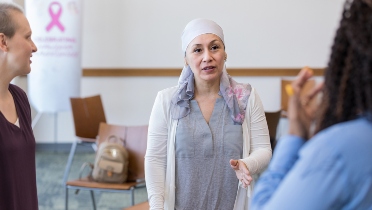
.jpg)
.jpg)
.jpg)
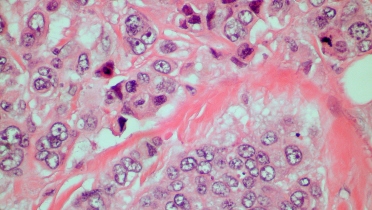
.jpg)

.jpg)
.jpg)
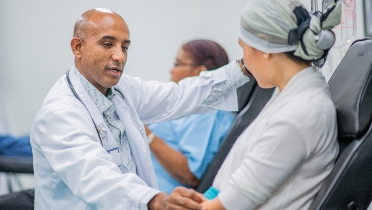
.jpg)
.jpg)
.jpg)
.jpg)
.jpg)
.jpg)
.jpg)
.jpg)
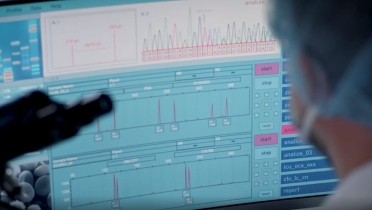
.jpg)
.jpg)
.jpg)


.jpg)
.jpg)
.jpg)
.jpg)
.jpg)

.jpg)
.jpg)
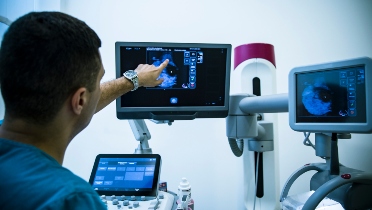
.jpg)
.jpg)
.jpg)
.jpg)


.jpg)
.jpg)
.jpg)



.jpg)
.jpg)
.jpg)

.jpg)

.jpg)
.jpg)
.jpg)
.jpg)
.jpg)

.jpg)
.jpg)

.jpg)

.jpg)
.jpg)

.jpg)

.jpg)
.jpg)
.jpg)
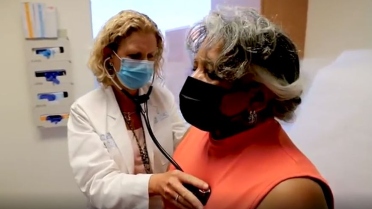
.jpg)
.jpg)
.jpg)
.jpg)
.jpg)
.jpg)
.jpg)
.jpg)
 Featured Breast Cancer Videos
Featured Breast Cancer Videos.jpg)